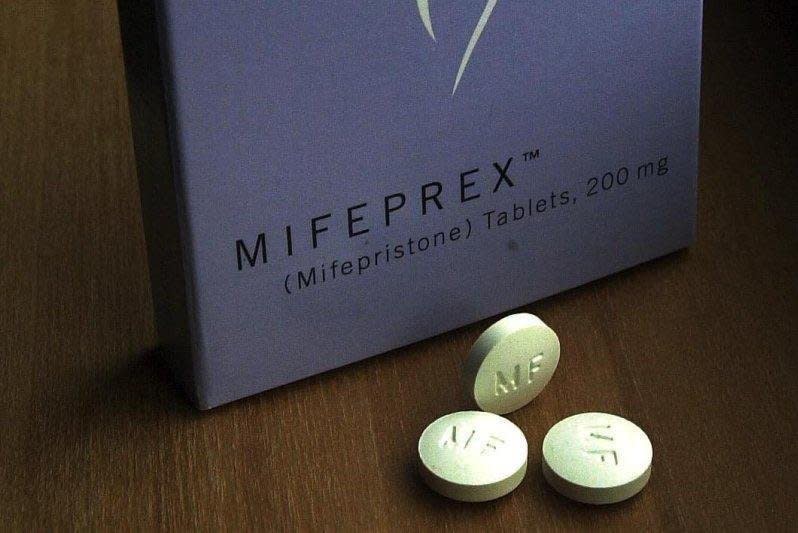British obstetricians, gynecologists told to stop reporting illegal abortions

Jan. 22 (UPI) -- Medical professionals working in women's reproductive health in Britain are being instructed not to report suspected illegal abortions to the authorities.
"Deeply traumatized," often vulnerable women who need help are instead increasingly being prosecuted for ending their pregnancies illegally, the Royal College of Obstetricians and Gynecologists said Monday.
Strict confidentiality laws prohibit disclosure of medical records without patient permission, even where crimes are suspected unless it is in the "public interest" -- but the new guidance goes further with NHS employees facing being struck off the medical register if they do so without good justification.
"A law that was originally designed to protect a woman is now being used against her," RCOG Medical Director Jonathan Lord told the BBC.
"We deal with the most vulnerable groups who may be concerned about turning to regulated healthcare at all, and we need them to trust us.
"We have witnessed life-changing harm to women and their wider families as a direct result of NHS staff reporting women suspected of crimes, and we just don't think that would happen in other areas of healthcare."
The British Pregnancy Advisory Service said an "informant culture" in medicine meant that too many women were being hauled into court after being reported to the police by professionals they thought they could trust with "devastating consequences."
"The question must be asked -- who benefits from subjecting women to lengthy and traumatic police investigations and threat of prosecution and prison time? Not police, not taxpayers, not politicians, and certainly not our women"
The new rules follow a number of high-profile cases including Bethany Cox who was charged with inducing a home abortion by taking poison and the abortion drug Misoprostol and 45-year-old Carla Foster who received a 28-month prison sentence for a late medical abortion during COVID-19 lockdown in 2020.
Teesside Crown Court returned a not guilty verdict Jan. 9 after charges against Cox, 22, were dropped after a three-and-a-half-year legal process due to lack of evidence.
Foster was freed in July by the Court of Appeal which commuted her sentence to 14 months suspended, ruling that her detention served "no useful purpose."
Both women were prosecuted under the controversial 1861 Offences Against the Person Act which many campaigners and cross-party politicians believe is outdated.
Abortions in Britain are only permitted in the first 24 weeks of pregnancy, with the exception of cases where the mother's life is at risk or the child would be born with a severe disability, and only by an NHS hospital or a licensed private clinic.

